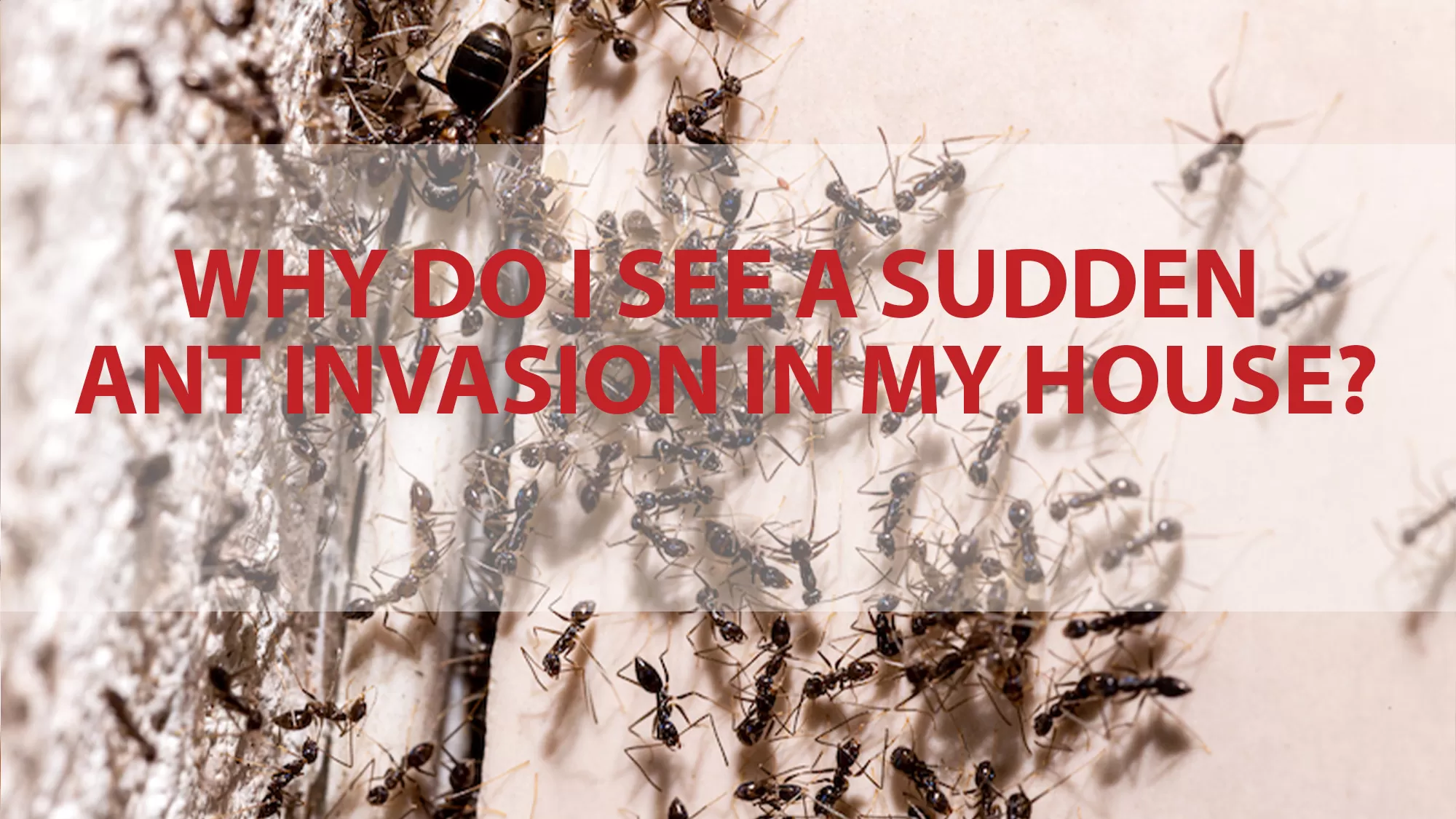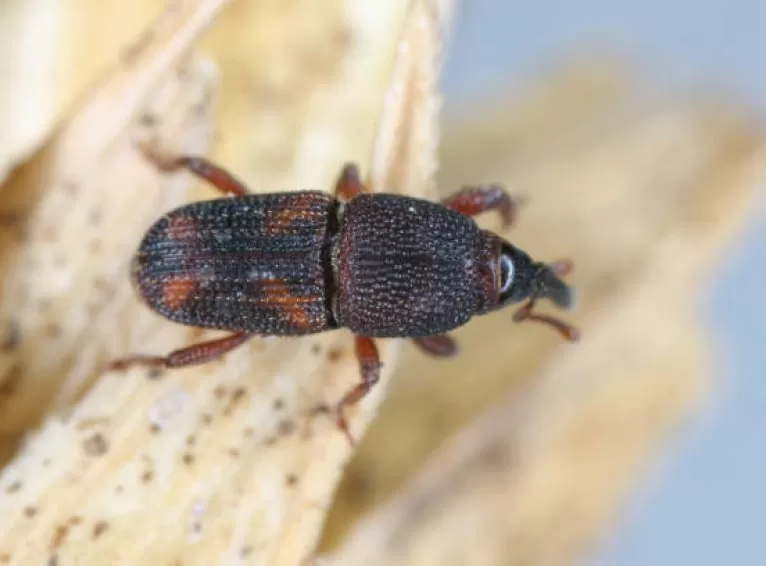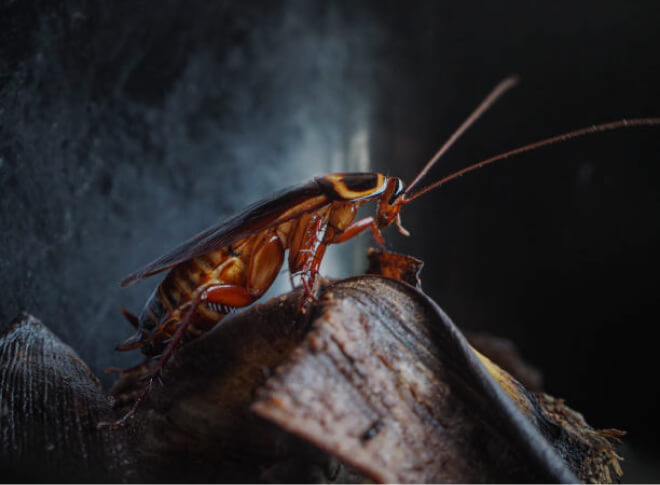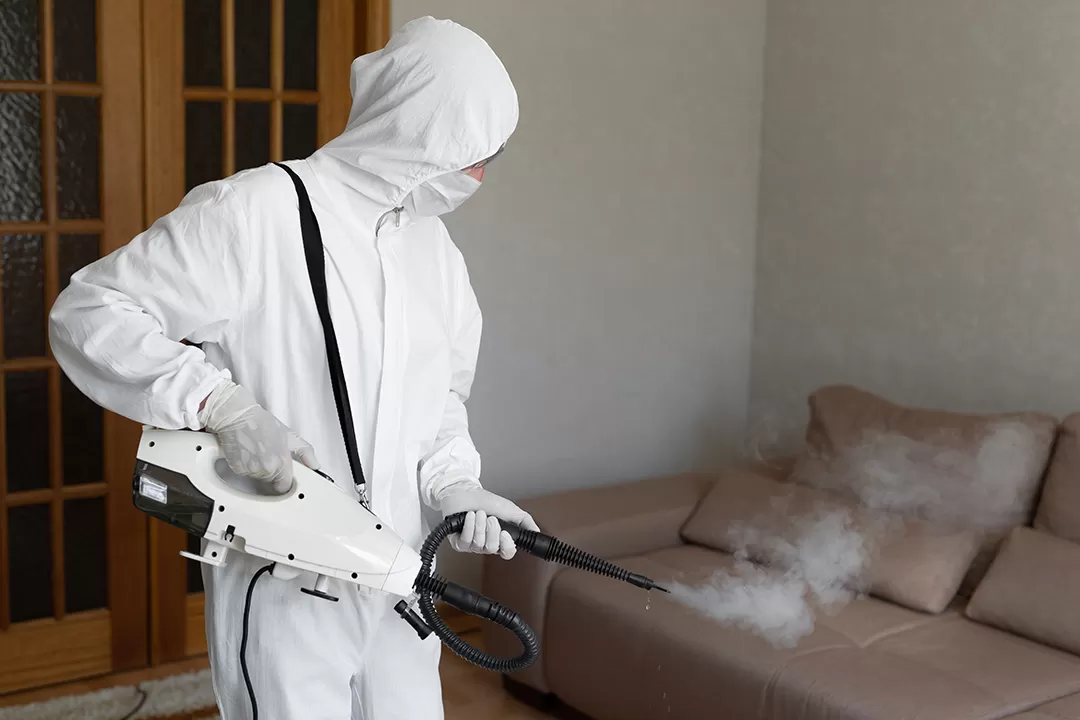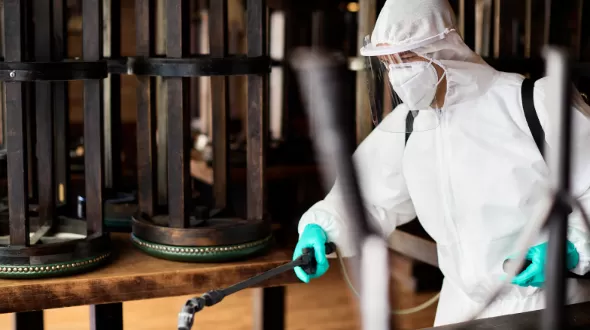Are you troubled by parading groups of ants around your house? It is definitely disturbing to have these pests take over your home. Even though ants do not carry diseases like other pests, they can transport foodborne illnesses like salmonella, E. coli, and various fungi. You may notice them become more active in the summers and spring.
If you are unsure what causes ants to invest in your home and what you can do to avoid such overwhelming ant infestations, you have come to the right place. In this article, you will get an overview of the most common factors that can trigger a sudden ant invasion. Plus, you can learn how to protect your home from such ant infestations.
Top 5 Reasons for Ant Invasion
Food
It is not news that ants are hungry insects. They are always on the hunt for food sources. They notify other ants when they spot food and carry the food to their colony. This is why these tiny insects love kitchens. If there are food crumbs on the floor, pantries, or countertops, massive groups of ants will pay frequent visits.
Ants are especially attracted to sugary food. But at the same time, ants are opportunistic feeders that will be drawn to any uncovered food around the house. In fact, leaving dog or cat food out for a long time can also attract ants. Also, keep in mind that ants will infest your property even if you have wrappers, containers, or rubbish that have been in contact with sugar, honey, syrup, meat, fats, etc.
Water
While most ants do not require much water for survival, some species love to hide in moist and damp places. This is why sometimes you may find ants near leaky sinks and pipes. Access to water is critical for the survival of ant colonies, and they only need a small amount of water to quench their thirst.
If you do not clean up water spills wholly and immediately, ants will get a water source. Other high moisture areas like windows, refrigerators, doors, etc., are also their go-to to meet their water requirements. To keep them out of the house, it is also essential to have your air conditioning units checked regularly.
Weather
Ant invasions are often linked with weather changes. These pesky invaders become more active during periods of heavy rainfall or hot and drought-like conditions. Generally, they are more dormant during colder conditions. Studies show that weather is the most prominent cause of ant invasions.
Nearby Ant Nests
Sometimes, the ant problem may not arise from what is in your house but from what is around the property. For example, there may be a big ant colony near your house. Ants do not typically create settlements inside your home as they depend on the environment to regulate their bodies. However, when they colonise near your house, they will find reasons to enter your house frequently in search of food and water. Therefore, to ensure the nearby ant nests do not get out of hand, it is essential to store food and dispose of food items in a way that does not draw their attention.
Cracks and Openings in the House
Nearby ant colonies can become a problem, especially if there are a lot of gaps and openings in your home through which ants can pass through. If the entry points for ants are limited, they cannot creep in. Seal your doors and windows with weather strippings as well as any tiny openings you may see. Worker ants can enter through small gaps when scavenging for food and water.
How to Prevent Future Ant Invasion?
Undoubtedly, the best method of preventing future ant infestations is to regularly have a professional pest control company inspect the property. However, you can also take some measures to make your house less ant-friendly. The best way is to keep the place clean. If you do not clean your home regularly, it becomes a good shelter with food and water for ants.
Start by removing their resources by wiping greasy or wet surfaces, sweeping and vacuuming food particles, and properly storing food in airtight jars or the fridge. Dispose of trash daily and do not leave any dirty dishes for the next day. You may consider getting a heavy-duty metallic trash bin with step pedals as they tend to provide high security from pests.
An essential part of making the house less attractive to ants is to keep the place dry. Aim to remove sources of moisture by addressing damaged pipes and openings through which water can drip.
When you spot trails of this insect or even one ant, use the conventional method of splashing soap water solution on that area. This will not only help kill the ants, but it will also remove their scent trails. Using hot water is also an effective technique. You can also rely on liquid or solid ant baits to keep ants away from your home. Most of these baits use borax, which is harmful to ants but has a low toxicity level for humans and pets.
You can trace the trails and find their entry points into your house, then seal the entry points such as crevices and cracks on door frames, windowsills, or walls. If you want to eliminate ants, you must detect ant nests and spray them with insecticide. In addition, you may want to remove rotten wood such as limbs and trees in your yard as ants often build colonies in them.
Conclusion
Tackling a sudden invasion of ants in your home entails two main approaches: removing the current ant population on the property and eliminating all entry points for the ants.
You can use different DIY remedies to get rid of the ants in the house by disturbing their scent trails. Then, notice carefully where the ants are coming from to identify their colony and use insecticides to eradicate the pesky pests. Once you handle the ant population in your home, it is time to combat nearby settlements and seal all house entry points.
Once you get rid of them, ensure you take the right measures to keep them out for good. Consider getting pest control done regularly to not only keep ants but all other pests away from your premises.

